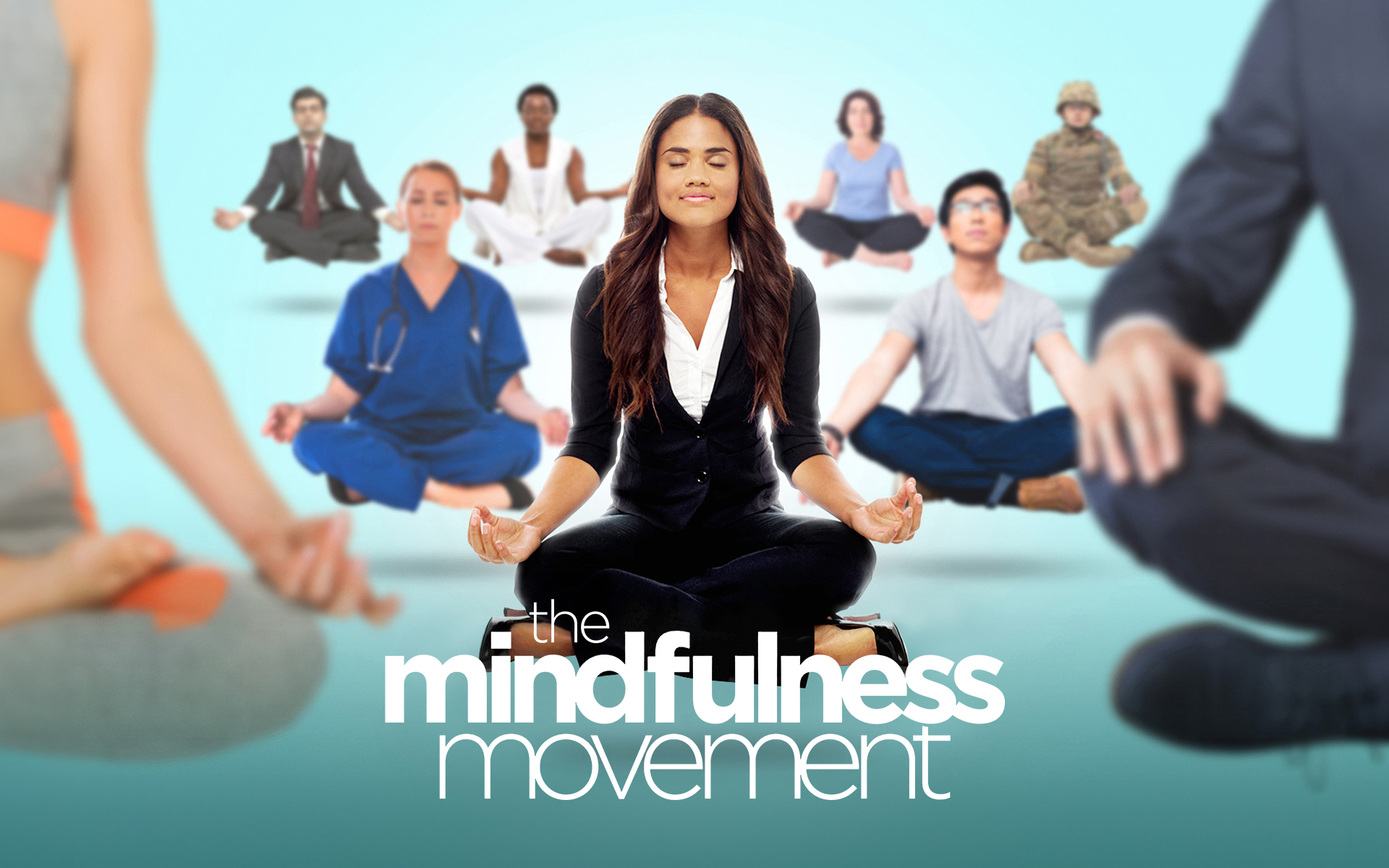Charles Hargobind knows the Mindfulness Ambassador Program he leads from both sides of the desk. In his work with Mindfulness Without Borders, he’s tasked with leading high school seniors through the twelve-week mindfulness training program, from introducing basic meditation practices, to learning techniques for navigating challenging emotions, to recognizing and understanding their internal narratives.
Hargobind sees the program working. “Week one they’re all hunched over, maybe a hoodie on, arms crossed, and then by week five, they’re open and willing to share about their vulnerabilities, willing to share whole heartedly and honestly about what is challenging them in a moment of anger or happiness and how they’re relating to that emotion and what their narrative around that emotion is.”
But it’s not just seeing that is believing. Hargobind himself is a graduate of the program, and for him, mindfulness came along at a particularly painful point in his life.
Hargobind, who was raised by parents who were “very traditional in their thinking,” knew he was gay, but was struggling to come to terms with his identity. Finally, he decided to come out to his best friend. I’m gay, he told her. “She looks over to me and she’s like, ‘What? NO, no, no, no, no. You can’t be, Charles, are you kidding me? Do you know how many times people have asked me if you were and I defended you? Do you know how many times I had to stick up for you? No, don’t tell anyone this, no.’”
It wasn’t exactly the reception he was hoping for. His parents also were not immediately accepting of his news. He felt isolated and afraid, his best friend’s words ringing in his ears. No, you can’t be.
Mindfulness Allows You to Honor Yourself As You Are
But the Mindfulness Ambassador Program helped him shed his mask. “For a long time I was wearing masks in every interaction of my life. I was terrified to show up authentically.” Then he read a quote from fantasy writer Patrick Rothfuss: We all understand how dangerous a mask can be, we all become what we pretend to be.
“That was a pivotal moment when all my masks fell on the floor and shattered, and I remember trying to pick them all up piece by piece and reassemble them because I didn’t want anyone to see me for who I truly was. But there was a point where it wasn’t the same, the masks were flawed, they didn’t fit properly, they weren’t me anymore, and I had no choice but to live in my vulnerability.” Hargobind remembers calling on his mindfulness training in that moment, staying with his breath, allowing some space to feel uncomfortable, and knowing that everything would be okay. “However it unfolds, it will unfold and that is my experience, that is unique to me. That’s what mindfulness did for me.”
“I think mindfulness offers that ability to unlock this door that was not even in awareness, and allow all those things to flow out and allow you to roll with your emotions, or roll with the punches or whatever it may be, so that you can become the best version of yourself.”
Hargobind believes mindfulness can be a lifeline for all the kids he works with, but there’s a special place in his heart, and in his work, for at risk LGBTQ teens. He believes mindfulness offers them something vital. “The understanding that you weren’t meant to be put into a box, so why would you ever force yourself into a box. You get to see your mask, you get to see your vulnerabilities, and you get to be with them, whether that’s happiness, sadness, anger, joy—you get to honour those emotions, you get to be your own best friend as cliche as that is. I think mindfulness offers that ability to unlock this door that was not even in awareness, and allow all those things to flow out and allow you to roll with your emotions, or roll with the punches or whatever it may be, so that you can become the best version of yourself.”
For Hargobind that’s exactly what mindfulness did—and does. “I was in such a dark place and I kept looking for something to be my salvation or to liberate me in some way, and when this program came into my life, it gave me that. The freedom to stop looking for that light at the end of the tunnel and instead find it within.”
If you or someone you know is struggling with coming out or accepting their sexual identity, explore the resources available in the United States and in Canada, or call the LGBT Youth Line.






